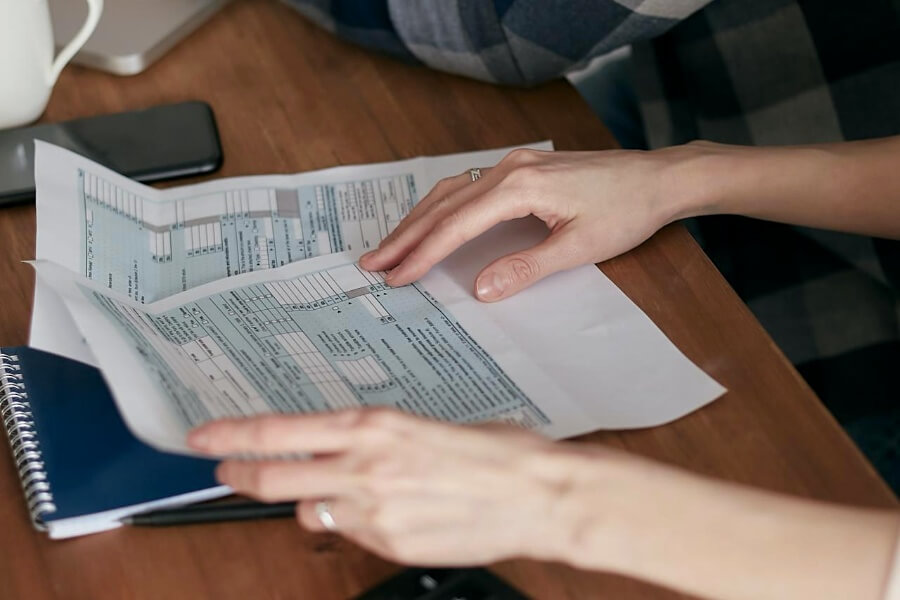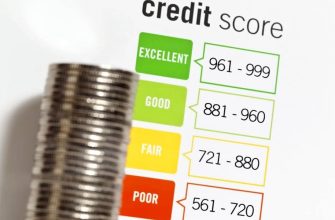Creditworthiness can be the only thing standing between a person and their dreams. It’s crucial for adults with big professional and personal goals to become well versed in what it means to be creditworthy. It’s also important to learn what things can affect your credit score. Credit is often required for purchasing a home or car or starting a business. This article will break down the essence of creditworthiness in a way that is easy to understand and implement.
The level of citizen debt has reached an alarming height, and it is predicted to continue rising. A poor credit score doesn’t just stop people from pursuing their passions. For some, it can be a matter of life and death — food or no food, housing or no housing, car or no car. The only way to combat this is with financial literacy. People who don’t want to fall victim to poor monetary planning and irresponsible structuring of their accounts need to take accountability for their financial future. Obtaining an optimal credit score can be a great first step to achieving independence and success.
What Does Creditworthiness Mean?
On its face, the concept of this term is fairly simple. The creditworthiness definition is how likely an institution is going to deem a person or other entity deserving of being granted a loan or investment. One is not born with a set level. Rather, it is built up, or alternatively, dragged down by decisions or life circumstances.
Some are lucky and have had easy lives that have enabled them to maintain optimal credit scores while being able to live their preferred lifestyle. Others have not been so privileged, and have had to sacrifice financial stability for a number of reasons. The good news is that regardless of why your standing is the way it is, it can be changed with patience, hard work, and dedication.
Defining creditworthy is only the beginning of the journey to obtaining desired and deserved funding. The next step is to learn what exactly goes into cultivating this number. To improve it, one must first understand it.
What Affects Your Creditworthiness?
Determining creditworthiness is a complicated process that involves plugging people’s past, current, and predicted economic behaviors into a formula. There is no “one size fits all” creditworthiness calculator that can be studied. No bank or other professional financial institution calculates the status in the same way for strategic reasons. However, most of them do consider the same things when designing their formulas. Credit scores will always fall between 300 to 850 though.
The most influential factor that goes into the calculation is the extent to which a person has paid back what they have owed in the past. The number one thing that lenders care about when they are deciding whether or not they should give someone a loan is how likely a person will pay them back. Payment history can be the best indicator of this and proved via a letter of creditworthiness from an institution you currently work with. The content of the letter should include a credit report as well as a strong character reference as to how you make a good lendee.
Have you heard the saying, “if you want to know how someone will treat you, look at how they treat their mother”? Banking follows the same golden rule. If they see you have failed to pay other people back in a timely manner, they are going to divert their investments to someone who has not made late payments in the past.
Another thing that institutions will consider is whether or not an applicant has any existing debt obligations. If so, they may be less inclined to grant that person’s requests, as they first want to see that they will be able to pay back what they already owe. The business world is all about incorporating a safe margin of risk into professional decisions. Therefore, if the risk of providing someone with a loan outweighs the benefits of doing so, a company is not going to grant that person’s application.
Other things can also be taken into account, such as:
- how often a person relies on their credit card to purchase things,
- how long they have been utilizing the payment system, and
- the diversity of what they are using it for.
Several Ways to Improve Your Creditworthiness

After learning the actual definition of creditworthiness and what it consists of, the next step in the process is learning how to boost it. First, determine how bad your credit score actually is, as the strategy for working on it will differ depending on its distress. If it is above 800, you are golden. Having a credit score above 800 will almost always get your application for a loan granted. It also puts you above average, given the national measure is around 710-720. If your standing slips below 650 though, that is an indicator that you are going to have a difficult time having your applications approved.
If your score is within the 700s, the best thing for you to do is pay your bills and then re-evaluate the reason your security was slipping in the first place. If you have too many cards and are having a hard time keeping track of your balances, consider closing some of your accounts. While it’s good to have multiple cards that you are able to manage properly, it is better to have only one card that you never accumulate unpayable monthly debt on.
Unfortunately, there is no way to completely wipe your credit history. If your score is truly too terrible to fix, one option you should consider is filing for bankruptcy, which essentially zeros out your debt and allows you to start over financially. However, it might make it more manageable for you to improve your credit score with the help of one of the top credit repair companies.
Another thing you can do to improve your credit limits or buster your loan application is to obtain a counselor who can advise you in your financial decision-making. Last but not least, remember to be careful about how you are performing a creditworthiness check. Checking it on some websites and institutions will actually harm your score without you even spending money. It is also always helpful to be mindful of your income to spending ratio. Lots of good apps on the market exist for helping you keep track of responsible budgeting and your credit reports. They’re worth checking out!
Don’t Let Your Determined Creditworthiness Stand in Your Way
Now that you have learned what creditworthiness is, what it is composed of, and what you can do to improve it, you have begun laying an excellent foundation for improving your financial literacy. If you are currently despairing because your goals feel too far away from your current situation, it’s time to stop worrying and start taking action towards defeating your bad credit reports and achieving your goals.
Whether you like it or not, credit structure is an important part of existing in today’s society. Having a poor score does not only weigh on your shoulders and cause anxiety. It can also be the reason your application for a loan for a new business venture or a home to house your family gets denied. While having poor credit can be disheartening, it is nothing that a little bit of work, patience, and time cannot fix.








